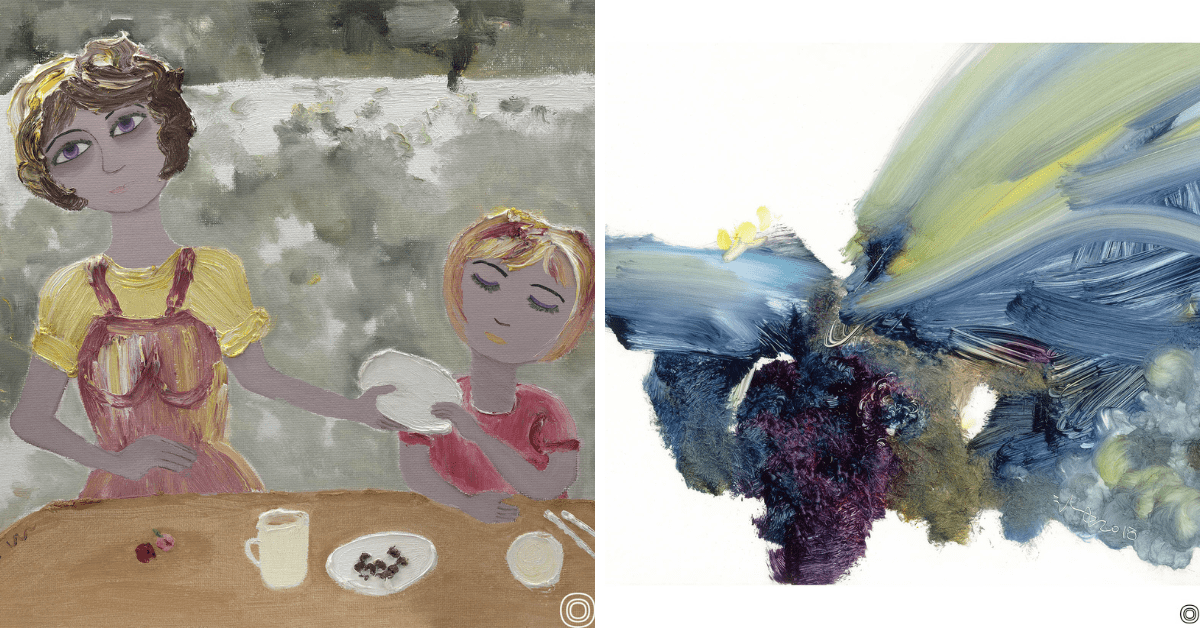As the non-fungible token (NFT) craze continues to catch on in China with tech giants riding the trend, a Beijing government-run newspaper called out a platform for potential risks involving its payment model.
Beijing Business Today, a newspaper owned by the Beijing municipal government, reported on Monday there were risks that buyers’ cash could be held onto by NFT marketplace UMX.ART, as users are asked to make payment before they place a bid on an auction, with the platform saying they will be refunded if the bid fails.
Li Zhang, a co-founder and CTO of UMX.ART, clarified with Forkast.News that there is a separate account dedicated for users’ transactions, and the company has put strict internal rules in place banning money transfers from this account to other accounts managed by the company.
Zhang said the company is looking to cooperate with financial institutions to act as custodians.
Concerns are also raised by the Beijing Business Today article as UMX.ART released a notice, saying that WeChat Pay on Aug. 27 halted its payment services for the platform.
Zhang said there could be several reasons behind the payment function suspension, but the main issue could be how the platform needed to go through a massive amount of refunds after an auction wrapped up.
“Now we just make refunds directly to the users’ accounts on our platform, so they could bundle their bank cards with our platform and withdraw the money,” Zhang said, adding that during this process, users need to submit their personal information and bank card details and go through know-your-customer and anti-money-laundering reviews from a third-party entity.
Zhang added the company is in the process of making a complaint with WeChat to resume the payment service. “We hope WeChat could help us conduct compliance checks,” he said.
As of the end of August, UMX.ART had 54 artists issuing NFTs with over 10,000 pieces sold, according to a company statement.
The media report also highlighted what it called the speculative nature of NFTs given the massive participants and liquidity involved.
The controversy comes as Securities Times, a sister paper of state mouthpiece the People’s Daily, published an opinion piece to criticize NFTs as hype and suggested the digital assets should serve the real economy by tokenizing actual assets.
China has seen growing interests in NFTs lately with tech giants making forays into the NFT business. Over the past weekend, Alibaba’s online retailer Tmall launched an NFT moon cake — a snack to celebrate the Chinese traditional festival Mid-Autumn Festival — which sold out in a day.
Alipay also made successful drops of NFTs in the past few months featuring art adapted from images of flying apsaras and sacred deer from the Caves of the Thousand Buddhas in the Chinese city of Dunhuang, as well as from Chinese animated film “White Snake 2: The Tribulation of the Green Snake.”
Chinese internet giant Tencent has also launched Huanhe, an NFT trading platform. Last month, its music streaming arm, QQ Music, sold out the service’s first NFT featuring popular Mando-pop singer Tiger Hu.





